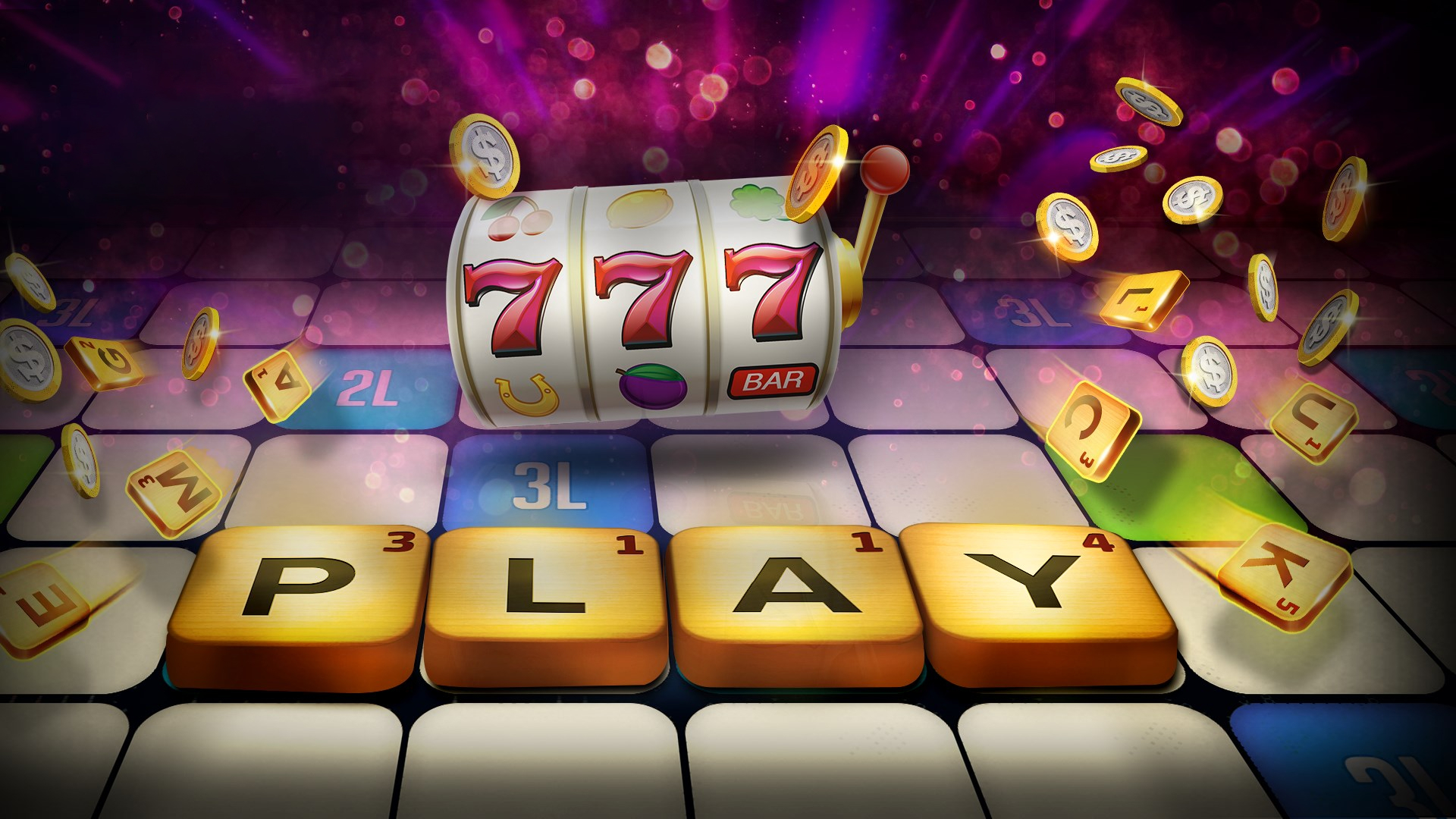Step into any casino, and you’re immediately captivated by the dazzling lights, the melodious jingles, and the rhythmic hum of slot machines. Behind the flashy exterior, however, lies a world of intricate design and complex algorithms, with mathematics playing a pivotal role in shaping the gaming experience. In this blog, we delve into the fascinating realm of neng4d machine design and explore the crucial role that mathematics plays in creating the allure and excitement that keep players coming back for more.
The Basics of Slot Machine Functionality:
At its core, a slot machine is a sophisticated piece of software designed to generate random outcomes within a set probability framework. The fundamental concept revolves around the Random Number Generator (RNG), a mathematical algorithm that determines the symbols displayed on the reels. Contrary to popular belief, the outcomes are not influenced by previous spins or the player’s actions; instead, they are entirely random, ensuring fairness and unpredictability.
Probability and Payouts:
Mathematics comes into play when determining the probability of various symbol combinations and their corresponding payouts. Slot machines are carefully calibrated to offer a specific return to the player over the long run, known as the Return to Player (RTP) percentage. This is a crucial aspect of the mathematical model, as it dictates the casino’s edge and the likelihood of players winning over an extended period.
Paylines and Reel Configurations:
The arrangement of symbols on the reels and the number of paylines contribute significantly to the overall mathematical structure of a slot machine. By manipulating these variables, game developers can influence the frequency of wins and the size of payouts. The strategic placement of high and low-value symbols creates a balance that maintains player engagement while ensuring the casino’s profitability.
Volatility and Player Experience:
Mathematics plays a key role in determining the volatility of a slot machine, which refers to the risk and reward profile of the game. High-volatility slots may offer infrequent but substantial payouts, providing an exhilarating experience for risk-takers. Conversely, low-volatility slots provide more frequent, albeit smaller, wins, catering to a different player preference. Striking the right balance is crucial for ensuring a diverse and satisfying gaming experience.
Bonus Features and Game Mechanics:
Incorporating bonus features, such as free spins, multipliers, and interactive mini-games, adds an extra layer of complexity to the mathematical model. These features are carefully designed to enhance player engagement and excitement while maintaining a fair and balanced payout structure. Game developers must carefully calculate the impact of these bonus features on the overall game dynamics to create a captivating and rewarding experience.
Conclusion:
Behind the glitz and glamour of slot machines lies a sophisticated mathematical framework that shapes every aspect of the gaming experience. From the RNG determining symbol outcomes to the intricate balance of volatility and bonus features, mathematics is the driving force that keeps players entertained and engaged.
